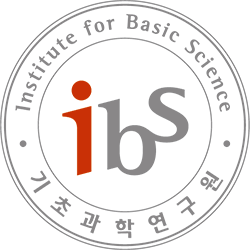Sophie Spirkl, Pure pairs in ordered graphs
Zoom ID: 869 4632 6610 (ibsdimag)A pure pair in a graph G is a pair of subsets A, B of the vertex set of G such that in G, either all of the edges or none of the edges between A and B are present. Pure pairs have been studied recently motivated by their connections to the Erdos-Hajnal conjecture. In …

